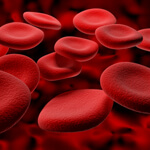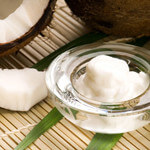
It is impossible to understate the importance of water. This odorless, colorless liquid, which covers two-thirds of the Earth’s surface and comprises 75% of the human body, is absolutely necessary for all life. Indeed, out of all the nutrients we require in our diet, water is – by far – the one we need the most in terms of volume. Despite its importance, however, several of the questions surrounding water – how much of it…










